#lm 3.8.22
Text
Gavroche!!
As usual with the gamins, we are immediately presented with the contrast between his joyful attitude (he’s singing) and his clear poverty (his clothing, or rather, the lack thereof). We also see his irreverent sense of humor here (while mocking an elderly woman doesn’t seem very funny, I do love that Hugo specifies that he speaks in capital letters!).
Yet as suggested by the chapter’s title, which alludes to Gavroche’s very early childhood, we’re not focusing on Gavroche-the-gamin here, but Gavroche-the-Thénardier (the title also makes the connection between the gamin who visits the “Jondrettes” and the neglected Thénardier son). Gavroche describes them in a pretty funny way:
“I have come to see my ancestors.”
But he also doesn’t seem that affected? He very quickly returns to singing. Then again, the gamins use fun to cope with their suffering, so singing isn’t inherently a sign of happiness. And he does ask after each of his family members as family members, suggesting some recognition of their relationship (even if, of course, his parents definitely haven’t acted as parents to him). It also demonstrates his familiarity with them in a very general sense; he knows he technically has sisters, for instance, but we don’t know what their relationship is like from this.
Most importantly, Gavroche builds on the idea of victims from the previous chapter. Gavroche wasn’t even present at the crime, and yet he’s still being hurt by the arrests made in its aftermath. To be fair, the Thénardiers certainly haven’t been helpful to him, neglecting him even when they had the resources to care for him. Due to this, he’s not a victim in the same way as, say, Azelma, who lived with her parents and could (at least somewhat) count on her mother and sister to care for her to some extent. Gavroche doesn’t have that. But his birth family could have given him shelter from the winter weather, or offered a possibility or food, or some other resource that he’s searching for. He had no guarantee for any of that, but these arrests still eliminated a possible resource for him, limiting his options for basic necessities. Another innocent child, then, has become the victim of Javert’s actions.
30 notes
·
View notes
Text
What a nice way to finish the very long third volume. Hugo circles back to the gamin with whom he introduced the tome! (Although I'm not entirely sure why he chose to reference that obscure mention of Gavroche in tome two, when he was crying in the cradle. Perhaps, simply to remind the reader that he is a part of the ill-fated Thénardier clan.) Gavroche is “pale, thin, clad in rags, with linen trousers in the month of February” and he sings a lot — all of which make him a miniature version of Éponine. He arrives at the empty and locked Gorbeau house, only to discover that his (unloving) family is imprisoned. His response to this news is simply an "Ah!" and he goes away singing. (@akallabeth-joie gives some contextual information about women prisons in Paris where female members of the family were taken) This chapter also marks the end of the very long day, portrayed hour by hour.
Symbolically, the tome titled “Marius” does not feature Marius in either its opening or closing chapter. Marius has also mysteriously vanished.
Tomorrow, we’ll delve into the fourth volume, which commences with a new portion of digression. This might require some tuning for readers (spoiled by the entire last book filled with suspense and action). So, let’s get ourselves ready!
28 notes
·
View notes
Text
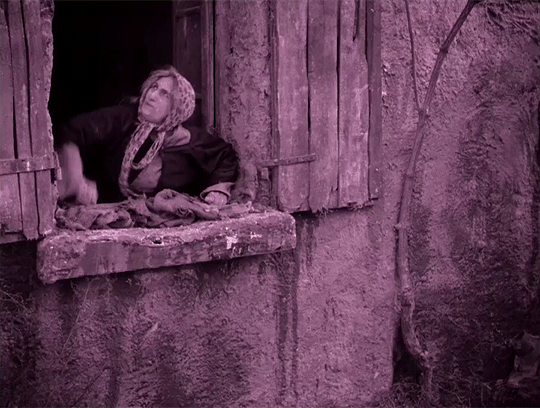
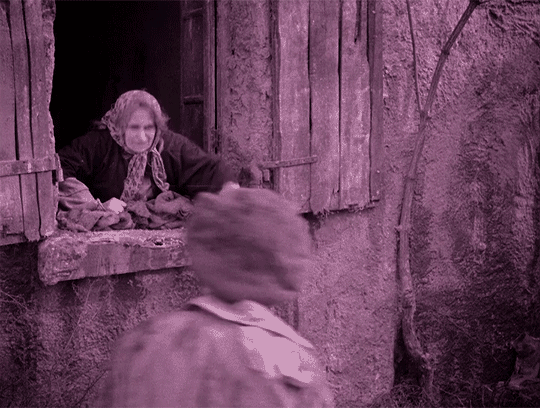
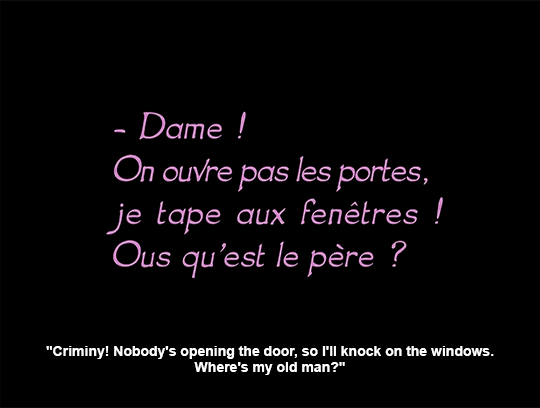
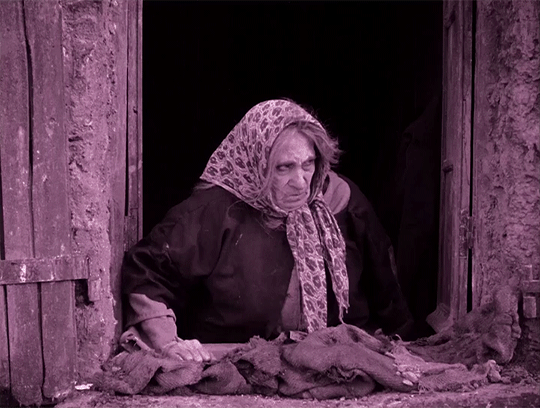
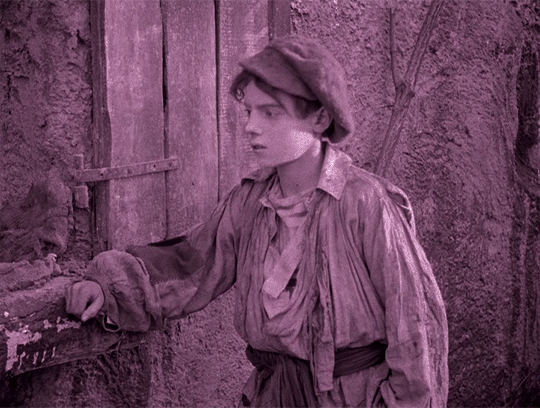
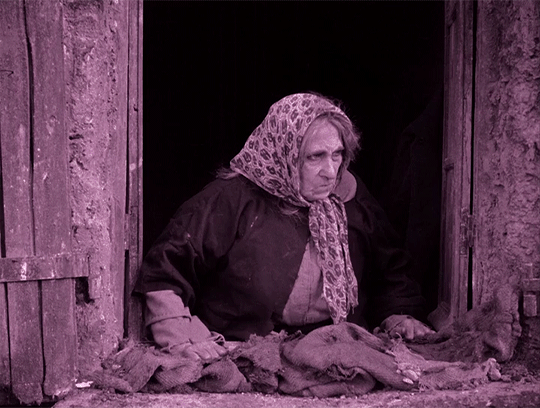
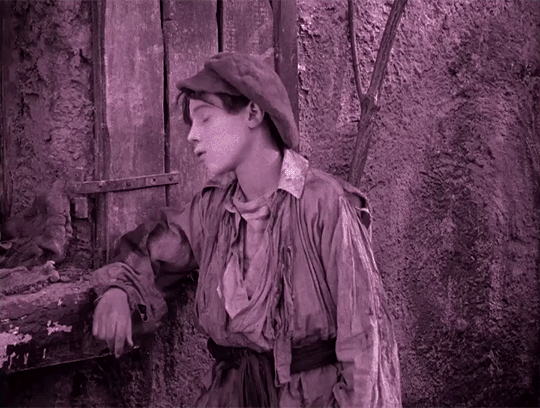
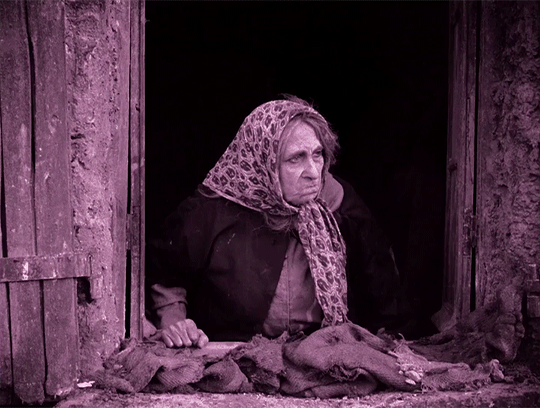
LES MIS LETTERS IN ADAPTATION - The Little One who was Crying in Volume Two, LM 3.8.22 (Les Miserables 1925)
She had recognized the gamin.
“What! so it’s that imp!”
“Why, it’s the old lady,” said the lad. “Good day, Bougonmuche. I have come to see my ancestors.”
The old woman retorted with a composite grimace, and a wonderful improvisation of hatred taking advantage of feebleness and ugliness, which was, unfortunately, wasted in the dark:—
“There’s no one here.”
“Bah!” retorted the boy, “where’s my father?”
“At La Force.”
“Come, now! And my mother?”
“At Saint-Lazare.”
“Well! And my sisters?”
“At the Madelonettes.”
#Les Mis#les Miserables#Les Mis Letters#Les Mis Letters in Adaptation#Les Mis 1925#les Miserables 1925#Gavroche#Gavroche Thenardier#lesmisedit#lesmiserablesedit#lesmiserables1925edit#pureanonedits
42 notes
·
View notes
Text
Brickclub 3.8.22 ‘The little boy who cried in part second’
The title reminds us who we’re talking about, because Hugo doesn’t say much to catch us up in the chapter. We’re reintroduced to Gavroche the same way we were first introduced to him--with an idea of sorrow. Hugo really, really wants us to remember the underpainting of sadness for this character, regardless of what we see later.
We meet Gavroche for the first time in a proper scene, and he’s genre-savvy.
Rose translates his song:
“King Get-the-boot-in
Went a’ huntin’,
A’ huntin’ crows,
Mounted on stilts.
You ducked under ’im,
An’ you paid ’im two sous.”
Or in French:
“Le roi Coupdesabot
S'en allait à la chasse,
A la chasse aux corbeaux,
Monté sur des échasses.
Quand on passait dessous,
On lui payait deux sous.”
He’s singing about corbeaux because he’s going to the Gorbeau house. Which, as we know and he presumably doesn’t, was named after a lawyer named Corbeau who had an associate named Reynard. We learned when we were introduced to the house that the songs other lawyers sang at them were too insulting (and too apt) so they petitioned the king to have their names changed.
But, of course, at some level Gavroche DOES know this, because Gavroche is Paris.
Here’s the old song about the lawyers from the Gorbeau intro chapter.
Rose:
“Maître Corbeau, perched on a file,
Held a seizure of goods in his beak;
Maître Renard, lured by the smell,
Made trouble for him in a tweak:
Hey, there! Hello! Hello! etc.”
French:
Maître Corbeau, sur un dossier perché,
Tenait dans son bec une saisie exécutoire;
Maître Renard, par l’odeur alléché,
Lui fit à peu près cette histoire:
Hé! bonjour. Etc.
Both these songs are about legalized theft--when kings and lawyers take your money and possessions, they have the force of the state behind them and can get away with it.
When poor people do it, they’re sent to the places Madame Bougon lists to Gavroche in this chapter.
Which seems like an apt note to end Tome 3 on.
18 notes
·
View notes